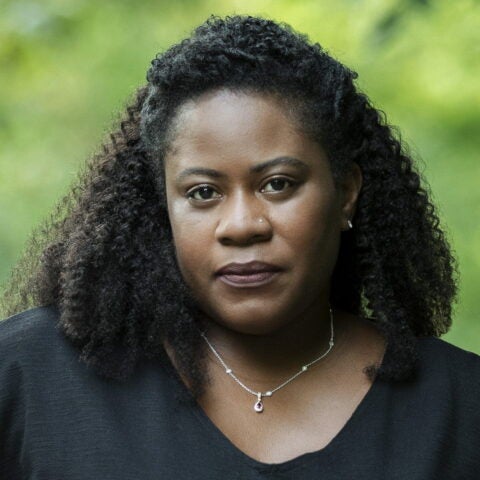Can Reparations Close the Racial Health Gap?
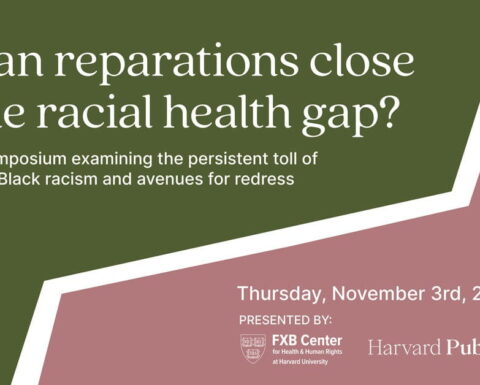
Date and Time
In partnership with Harvard Public Health magazine, the FXB Center for Health and Human Rights will host a free, in-person symposium at Harvard University’s Martin Center. Throughout the day, we will be examining the challenging question of how to redress centuries of anti-Black racism – and how to ensure that reparations are designed with the long-term health of Black communities and individuals in mind. Speakers will bring a wide range of expertise in law, policy, public health, history, media, and community organizing.
Located at the Martin Center, at 77 Avenue Louis Pasteur, Boston, MA, 02115, this will be an interactive symposium, so bring your questions and ideas! Breakfast and lunch will be served.
The Martin Center is accessible by public transportation and near several garages, but there is no parking on site. Information on traveling to the center is available here. We are proud to work with several outstanding partners on this event, including Ujamaa Seeds and Sweet Teez Bakery.
Watch the animation created by Taryn Johnson on reparations and health below:
Agenda
8am – 9am: Gathering
9am – 9:15am: Welcome by Dr. Aletha Maybank and Dr. Michelle A. Williams
Aletha Maybank, MD, MPH
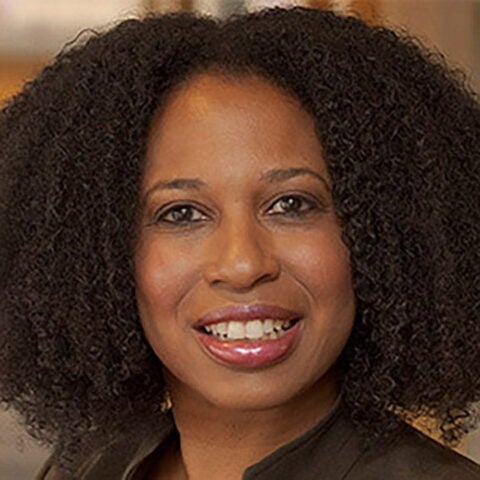
Michelle A. Williams, SM, ScD
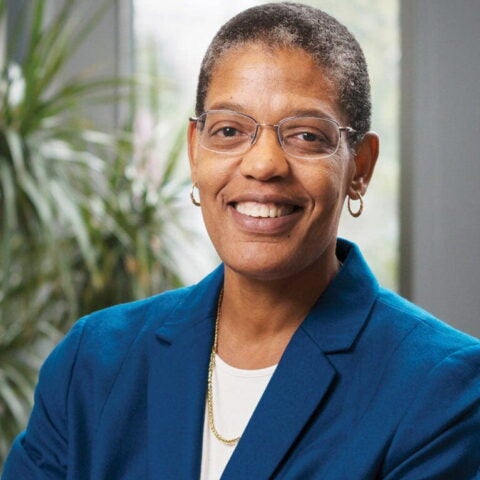
9:15am – 9:50am: A Conversation with Dr. Mary Bassett and Dr. Sandro Galea
Mary T. Bassett, MD, MPH
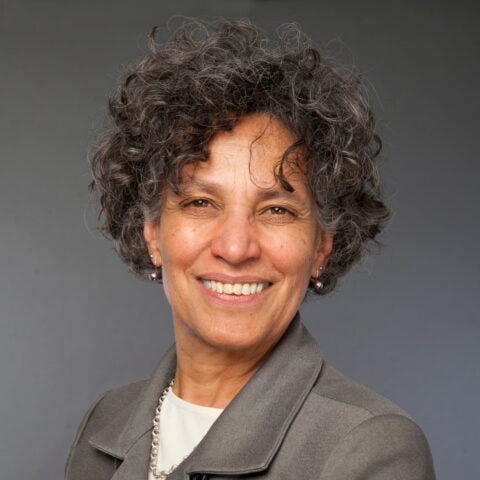
Sandro Galea, MD, MPH, DrPH
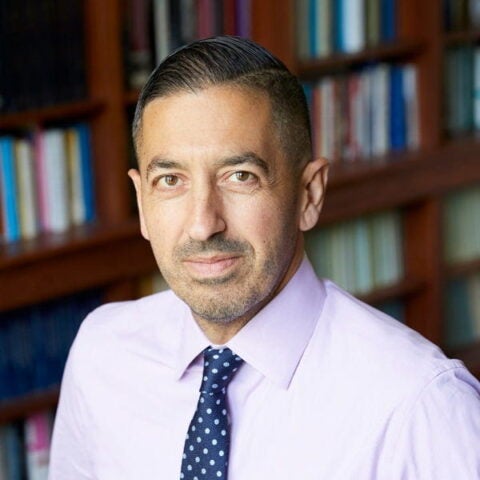
9:50am – 10am: Guest Artist Introduction
Crystal Z Campbell
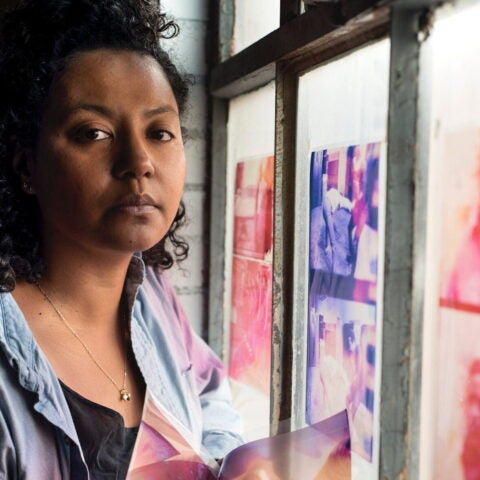
10am – 11am: A Toxic Legacy: How the History of Systemic Anti-Black Racism Shapes Health
Cornell William Brooks, JD, MDiv (Panel Moderator)
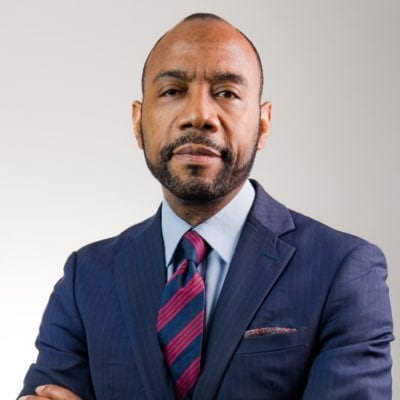
William A. (“Sandy”) Darity Jr., PhD
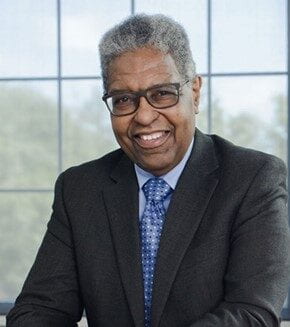
Dania V. Francis, MA, PhD
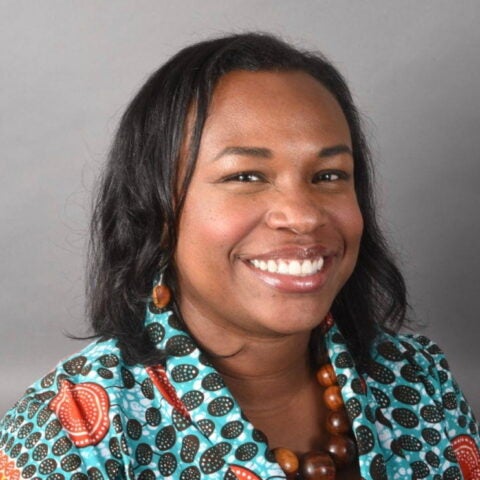
Jemadari Kamara, PhD
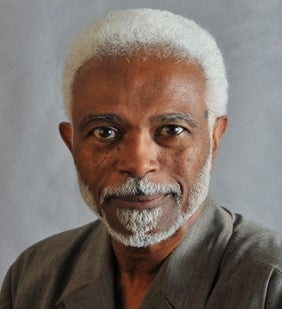
Ruqaiijah Yearby, JD, MPH
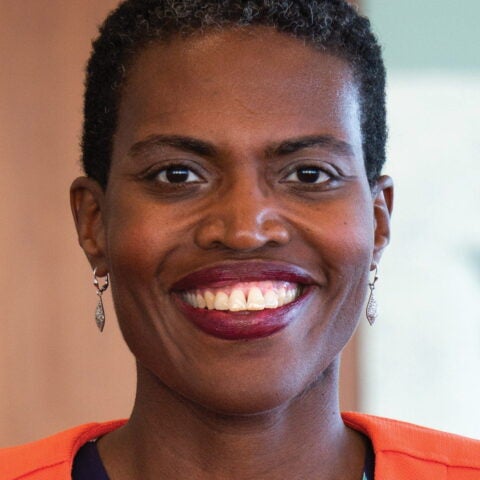
11am – 11:15am: Break
11:15am – 12:30pm: Municipal, State and Federal Reparations Programs: Where is Health?
Alecia McGregor, PhD (Panel Moderator)
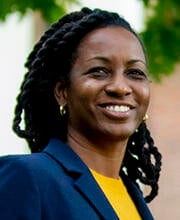
Councilor Julia Mejia
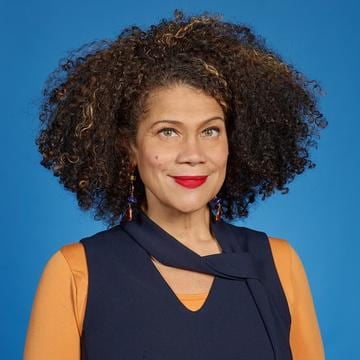
Yvette Modestin, MA
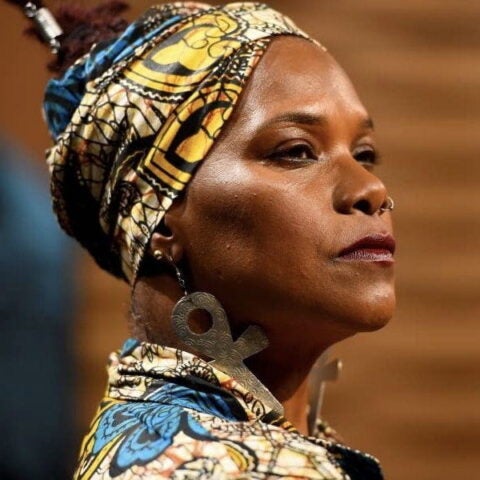
Robin Rue Simmons
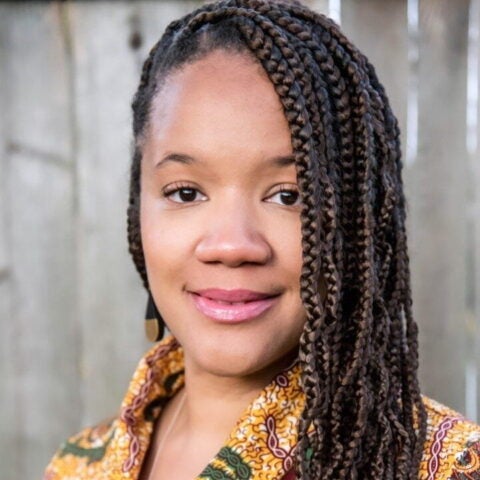
Saskia VannJames

12:30pm – 1:15pm: Lunch
1:15pm – 2:15pm: Media and Public Discourse on Anti-Black Racism and Reparations
Meredith D. Clark, PhD

Deborah D. Douglas
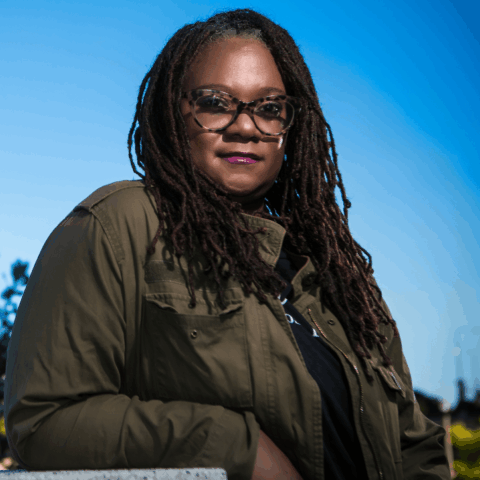
Michael Fitzgerald (Panel Moderator)

Dreisen Heath
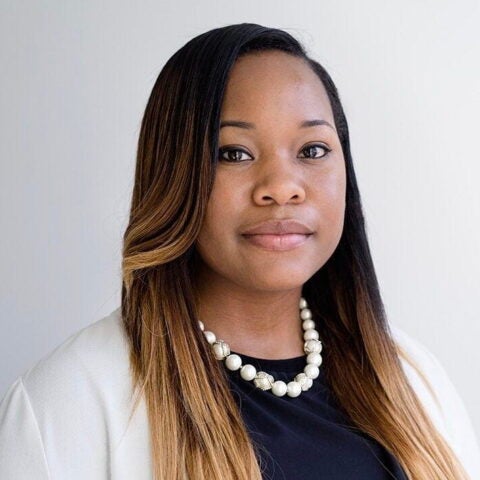
2:15pm – 2:45pm: Health Justice Scholarship is Personal
Brittney Butler, PhD, MPH
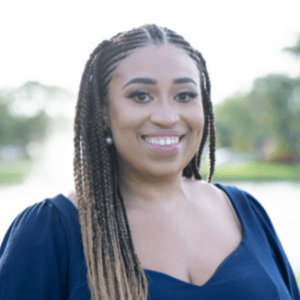
Marie Plaisime, PhD, MPH

2:45pm – 3pm: Interactive Dreamscaping Activity led by Radical Roadmaps
Graphic recording of the symposium, created by Laura Chow Reeve.
3pm – 3:15pm: Break
3:15pm – 4:15pm: Can Reparations Close the Racial Health Gap?
Madina Agénor, ScD, MPH (Panel Moderator)
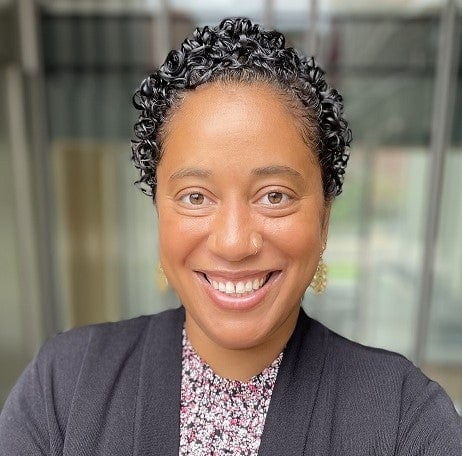
Jourdyn Lawrence, PhD

Collette N. Ncube, DrPH, MPH, MS
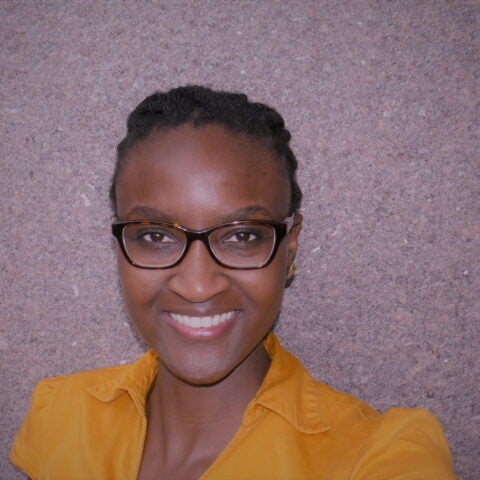
4:15pm – 4:45pm: Closing Keynote
Kamilah Moore, JD, LLM
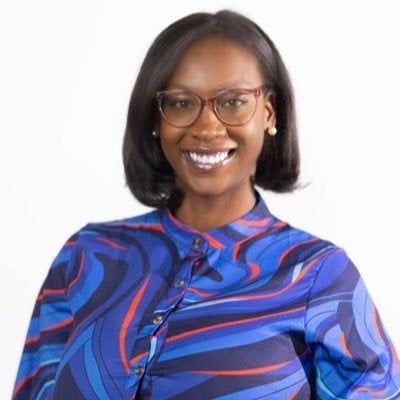
4:45pm: Closing Comments
Natalia Linos, MSc, ScD
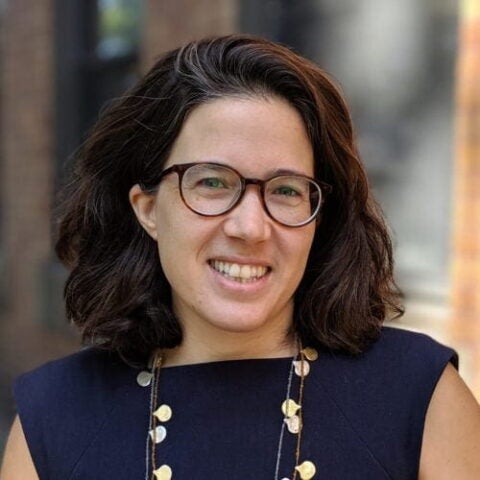
Support for the symposium was provided by funding from the Robert Wood Johnson Foundation, the Ford Foundation, and The JPB Foundation. The views expressed during the program were those of the speakers and did not necessarily reflect the views of the funders or organizers.
Please direct any questions about this event to Claire Street at cstreet@hsph.harvard.edu.




